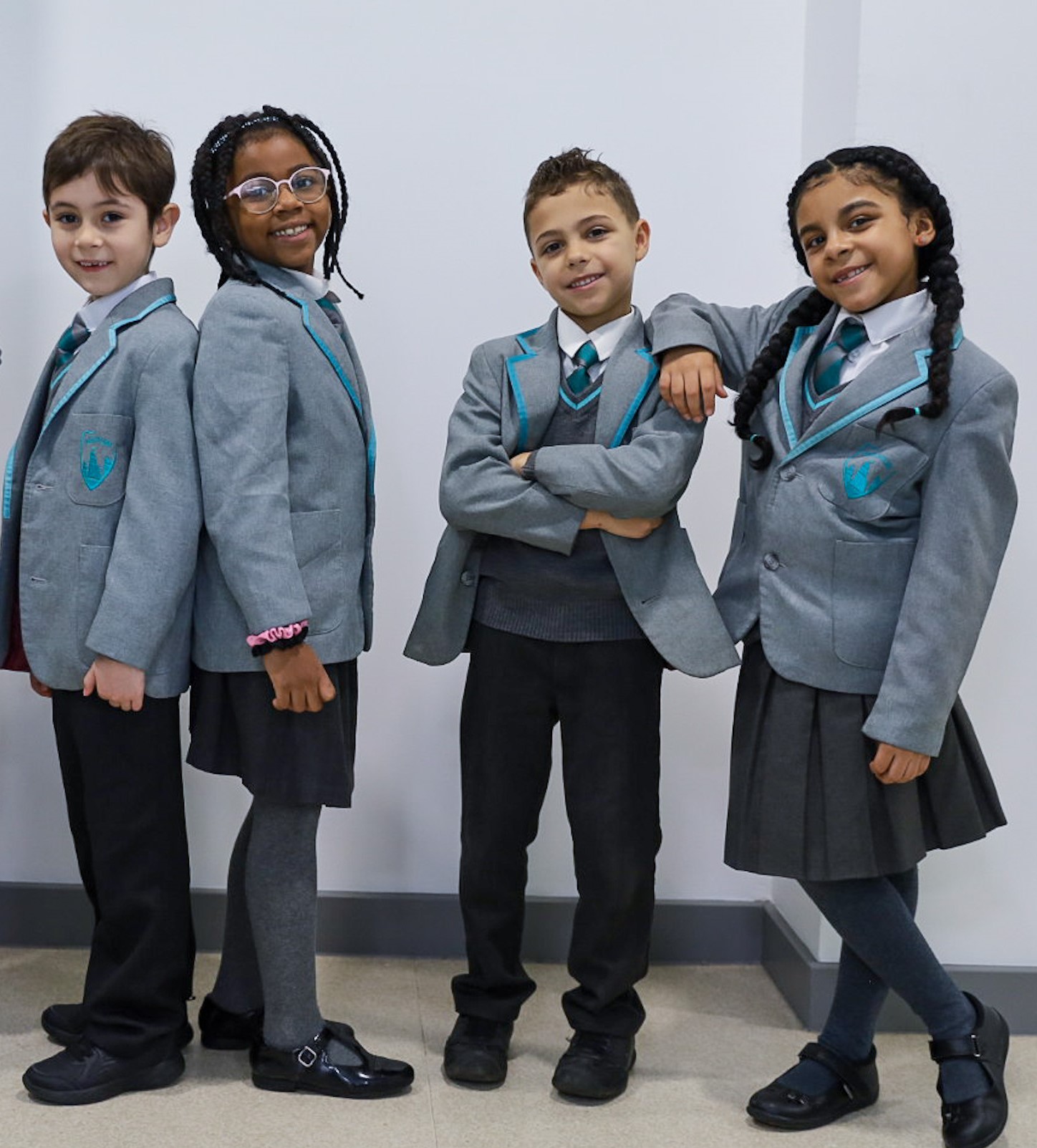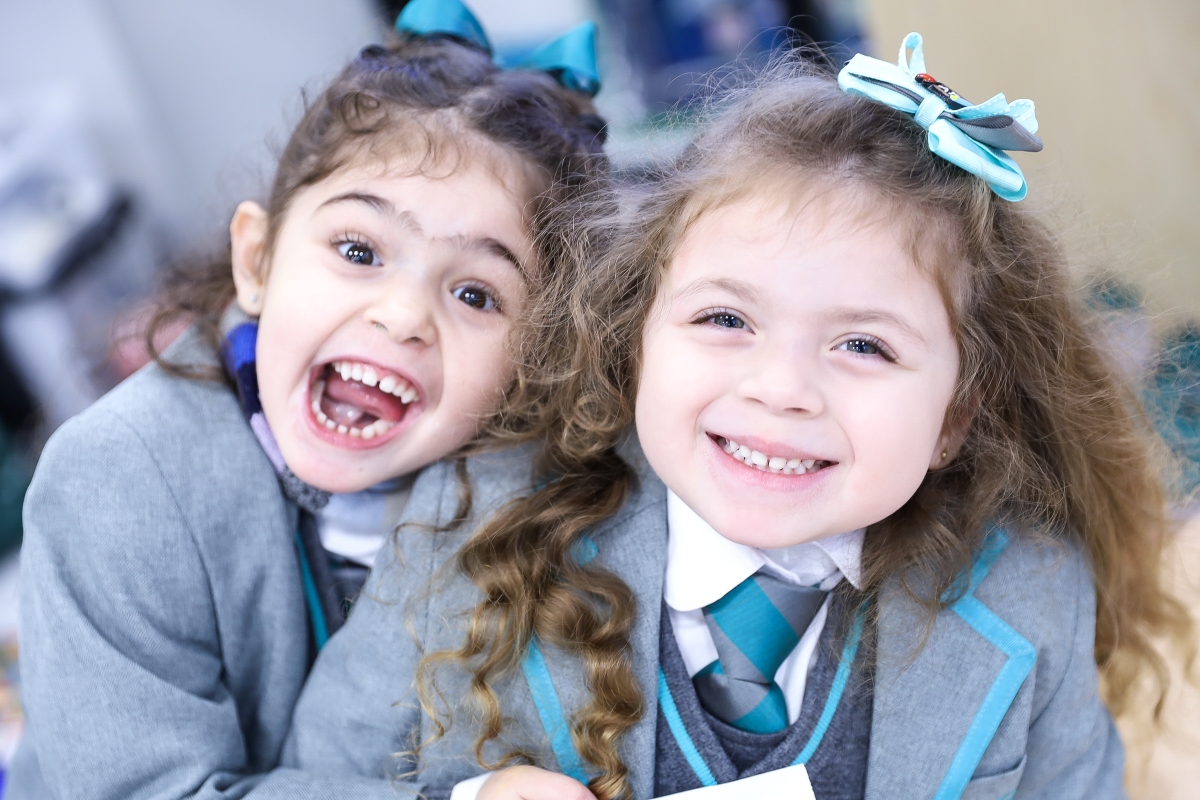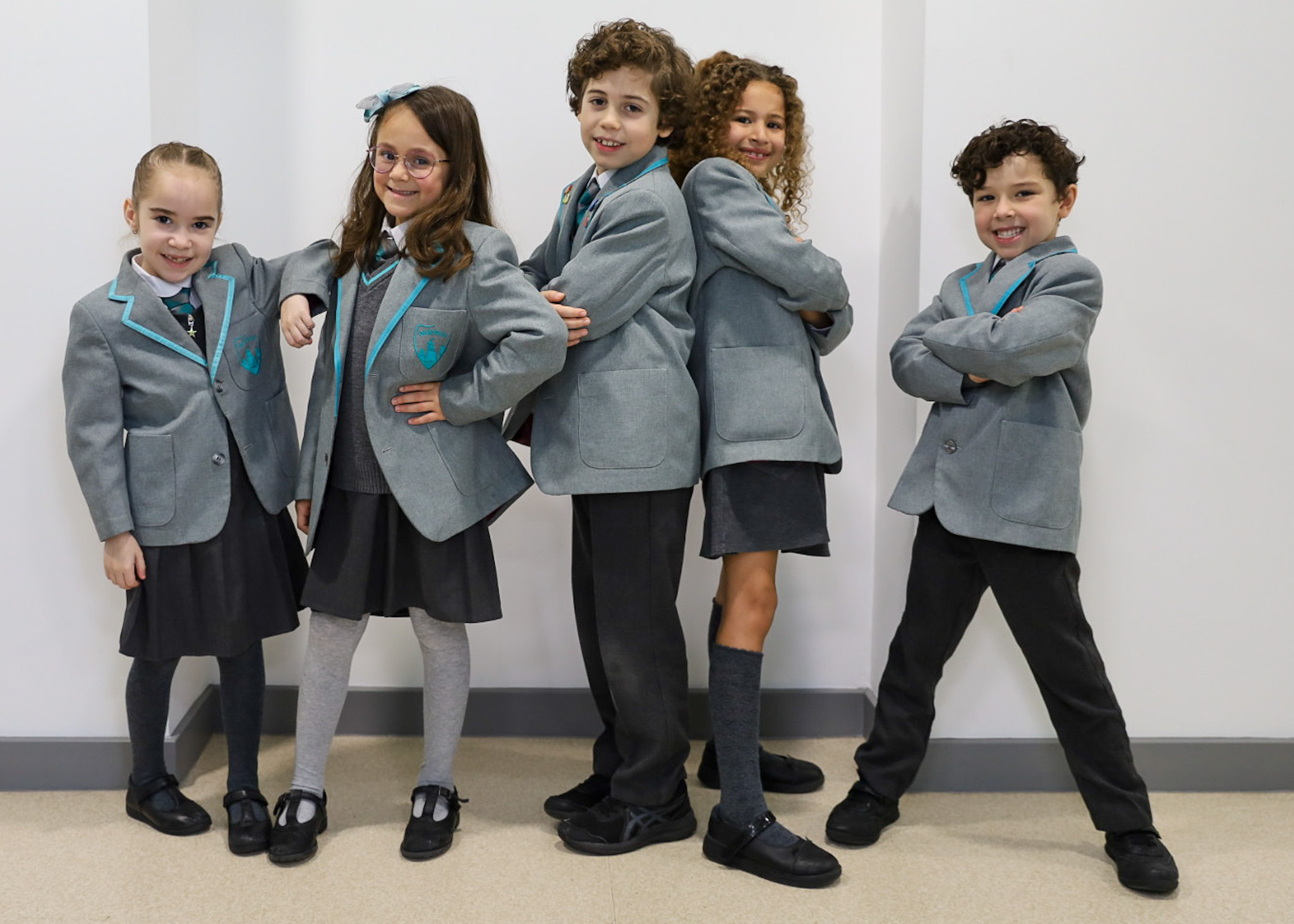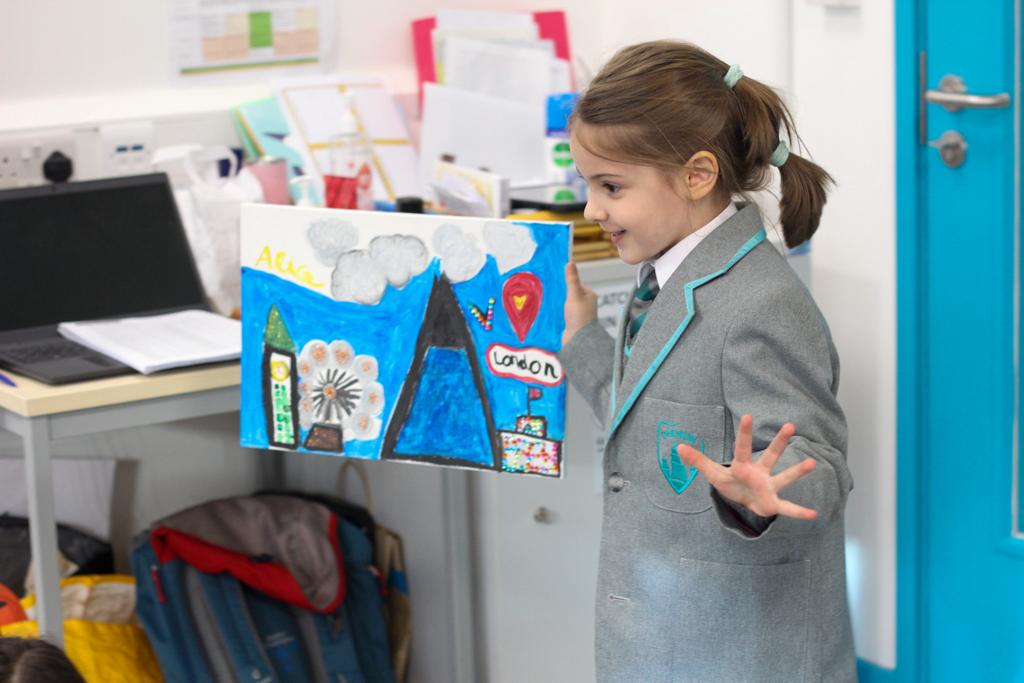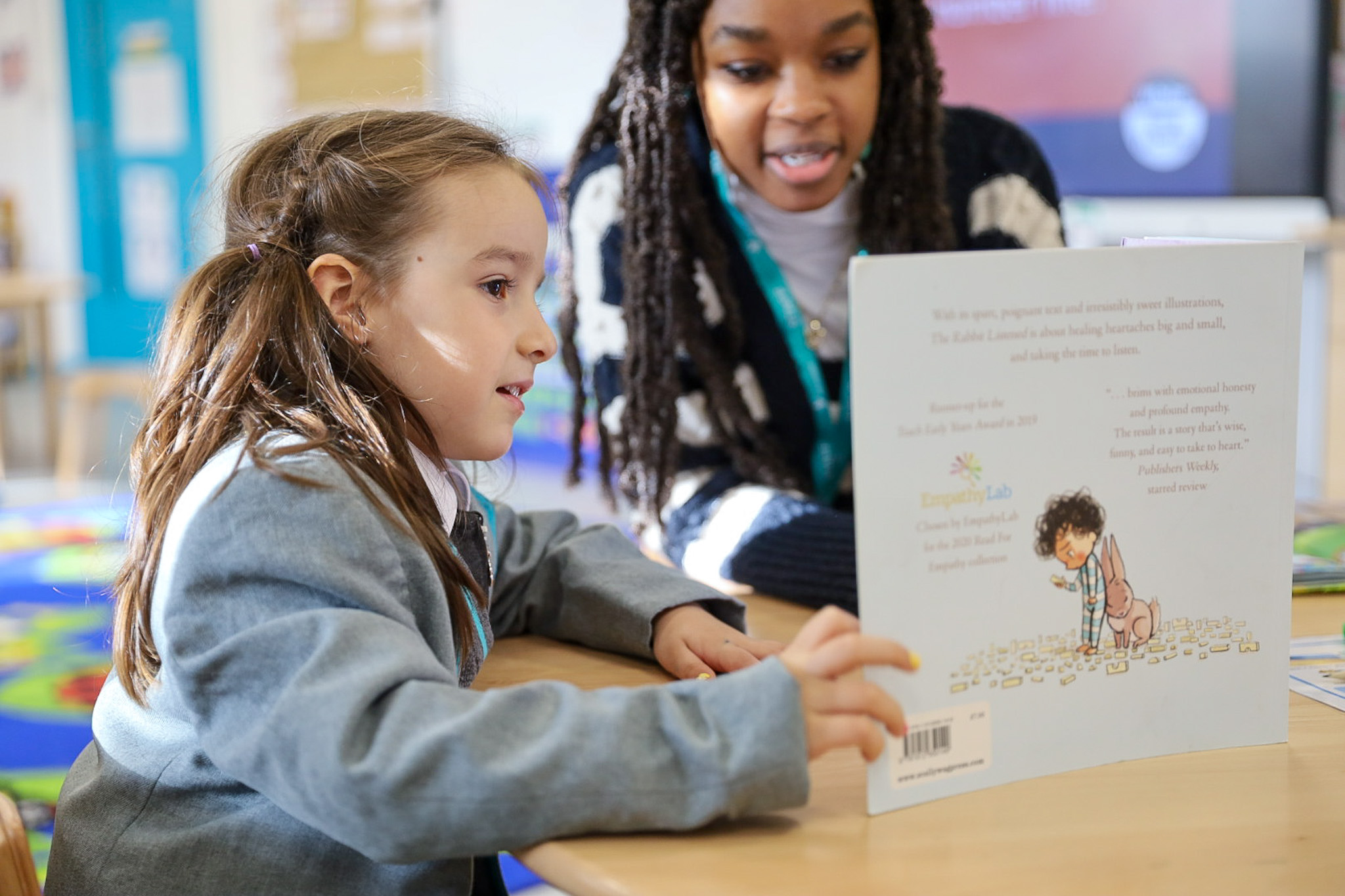Intent (What do we want the children to learn and why? What knowledge and skills are taught?)
At APSoL we follow the PlanIt RE syllabus. Our Re lessons are intended to offer a broad and rich RE curriculum to allow for coverage of the areas prescribed; to allow for a variety of ways to explore religions, their community and personal development and wellbeing. The lessons have an intention of providing high quality, coherent and progressive experience of the subject, with scope for cross-curricular learning. Through each unit children will know about and understand a range of religions and world views. They will be able to identify, investigate and respond to a variety of issues. SMSC, personal growth and community cohesion are featured throughout each non-statutory strand and are there to ensure opportunities for children to develop positive attitudes and values and to reflect on and relate their learning in RE to their own experiences. The intent is to make sure that all children understand the relevance of RE in today’s modern world and how it affects our lives.
Implementation (How are we doing it? How are the pupils going to achieve the acquisition of knowledge? How does the curriculum delivery this?)
In KS1 children begin to look at other religions, focusing on celebrations and rituals.
In KS2, we offer a wider range of learning opportunities about the world’s religions including a deeper understanding of the origin of those religions and their key stories and teachings. Throughout both key stages, emphasis on personal growth and community cohesion is evident, allowing for personal development for the children from KS1 to the end of KS2. There are detailed unit overviews for each unit which demonstrates where challenge and differentiation will show development of skills. As well as unit overviews,, end of unit assessments are available to support teachers in making sure children have reached the intended outcomes. Key words have been included to show the progression of skills and knowledge around specific language involved in the children’s learning, so teachers can assess their understanding ad progress through vocabulary as well.
Impact (How do we evaluate what knowledge and skills pupils have gained against expectation?)
We believe that the impact of using PlanIt resources as the basis of our RE curriculum will result in all children having a better understanding of the religions that make up the UK landscape and how they can learn from and work alongside each other to create community cohesion. All children will me more informed about their position in the world, and the decisions they can make impacting their future. All children at APSoL will be able to talk confidently about their wellbeing, moral and cultural development for the society in which they live. The RE curriculum will promote inquisitive minds, respect, tolerance and understanding for all those around them including themselves. Our lessons enable high quality work showcasing a deep understanding of the main religions of the world, their community and their future. This evidence will be seen through using the correct vocabulary, explanations and respectful opinions, as well as cross-curricular evidence, for example religious and cultural art work, drama, craft and presentations.
Each class has an RE floorbook where regular recording of RE lessons takes place.
In the Early years, the most relevant statements for RE are taken from the following areas:
- Understanding of the World
- Personal, Social and Emotional Development
Key Stage One and Key Stage Two RE Curriculum Overview:
| Year | Autumn 1 | Autumn 2 | Spring 1 | Spring 2 | Summer 1 | Summer 2 |
| One | Caring for others | Gifts and giving | Friendship | Easter and surprises | Religion and rituals | Places of worship |
| Two | Nature and God | Light and dark | Rules and routine | Beginnings and endings | Ceremonies | Places of worship |
| Three | Hinduism | The Nativity story | Islam | Good Friday | Sikhism | Judaism |
| Four | Buddhism | People of Faith | Christianity | Food and Fasting | Pilgrimages | The Bible |
| Five | Worship | The true meaning of Christmas | Peace | Forgiveness | Jesus the healer | Commitment |
| Six | Humanism | Creation stories | The Christmas story | Justice and freedom | Crucifixion | Eternity |



